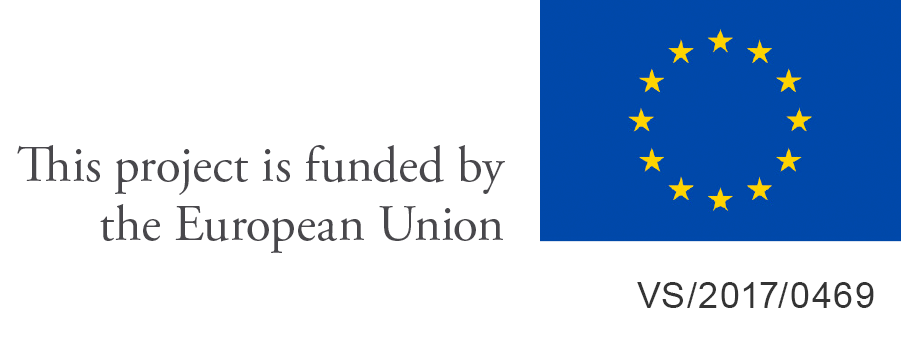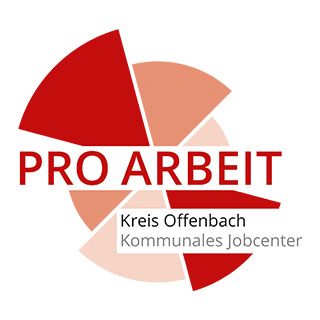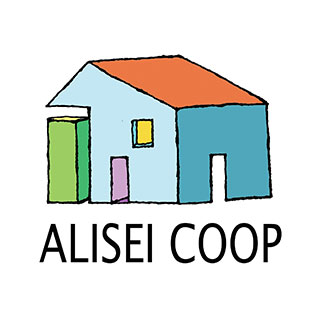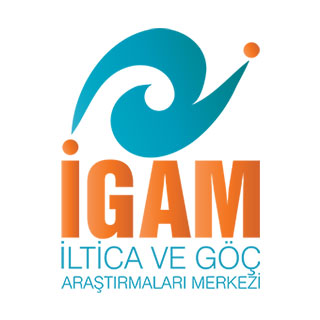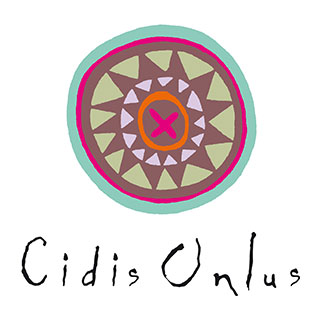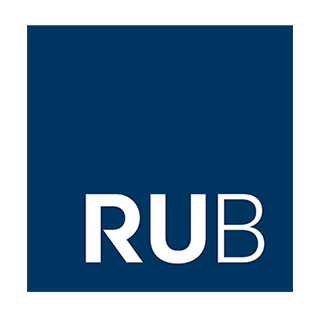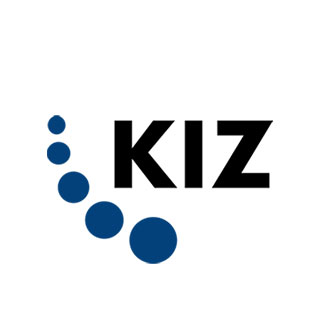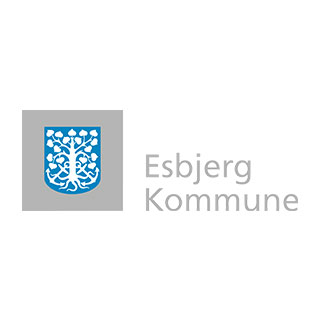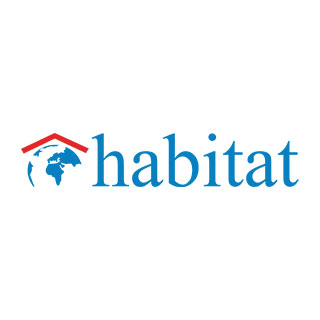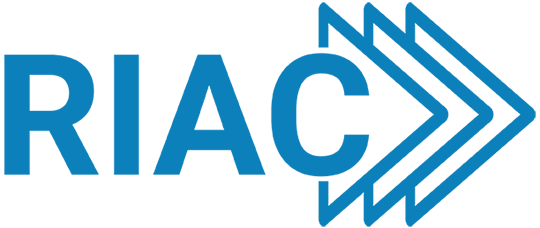Project RIAC
Regional Integration Accelerators (RIACs) are decentralized units for the integration of refugees into the labour market
RIACs are being initiated by utilizing the cooperation of employers. RIACs are focussing on the actual need of the respective participating (“cooperating”) employers. By operating on a regional or local level, RIACs are able to map the structures of the respective employers.
According to the goals of the EaSI program, the basic principal of the project is to promote a high level quality and sustainable employment, fostering social protection and supporting inclusion for refugees and asylum seekers in Germany, Denmark, Italy and Turkey.
Finally, the project aims at developing instruments, expertise and a common strategy for a fast track integration on the labour market for refugees and asylum seekers in the above mentioned countries, which could and should be transferable to any other country or region in Europe.
RIAC also gives a great emphasis on social inclusion: a proper and intensively mentored labour market inclusion is fundamental for becoming a part of the host country’s economic and social life. Our implementation, mentoring and speeding efforts aims to demonstrate that common integration in the job does not necessarily mean integration in the society.
Motivation
Refugees are very enthusiastic and motivated to learn new skills and to integrate themselves in the host Country.
Creativity
Refugees are very creative to find the ways to secure their own existence. The integration schemes must take that into account and include them in planning phases. The existing opportunities, originally designed for local population needed to be explored in collaboration with the public authorities and private sector. .
Women
Refugee women are also eager to join to the labour market but they need to be supported in the areas of child-care, domestic activities and their role in the family.
Social inclusion
Social inclusion programs joining cultural activities among the host societies and refugees should be considered as integral parts of labour market integration and not be seen as a separate integration tool.
